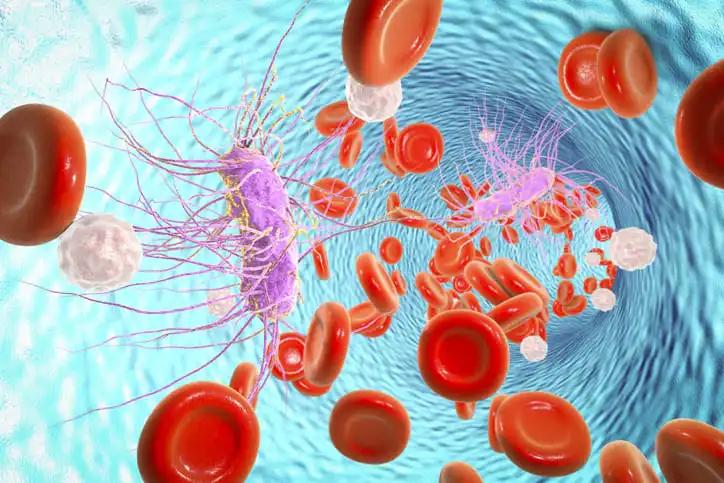KEY TAKEAWAYS
- The phase I TPST-1120 (NCT03635983) study aimed to identify pharmacodynamic and predictive biomarkers associated with response in cancer patients treated with TPST-1120.
- Gene expression changes in post-treatment whole blood were assessed using the nCounter® PanCancer Immune Profiling panel , supplemented with 30 PPAR-α target genes.
- The study concluded that TPST-1120 shows potential clinical benefit by reversing immune suppression and activating the immune system, particularly in patients with PR and specific mutations.
TPST-1120 is a novel small molecule antagonist of peroxisome-proliferator activated receptor-alpha (PPAR-α), which regulates fatty acid oxidation and immune suppression. In this phase, in a clinical trial, TPST-1120 was well tolerated and demonstrated promising activity as both a monotherapy (53% disease control rate) and in combination with nivolumab (NCT03829436). When combined with nivolumab, TPST-1120 had an objective response rate (ORR) of 23%, with 30% (3/10, all partial responses) seen in subjects receiving the two highest doses of TPST-1120. Two patients with anti-PD-1 resistant kidney cancer and one with advanced cholangiocarcinoma had positive treatment outcomes. Gene expression in post-treatment blood and analyzed ctDNA for genetic markers was examined.
The differential expression of 780 genes in 30 patients who received TPST-1120 BID at doses ranging from 100 mg to 600 mg was analyzed. The nCounter® PanCancer Immune Profiling panel (NanoString Inc.) and 30 PPAR-α target genes were used for this assessment. The associations between changes in gene expression and TPST-1120 exposure levels on study day eight were calculated. Genes with a False Discovery Rate p-value < 0.05 and an effect size > 0.5 as potential pharmacodynamic biomarkers were categorized. A linear discriminant analysis (LDA) with a best objective response as categorical discriminants to identify genes that were differentially expressed by partial response (PR) patients (p<0.05 by Mann-Whitney U Test) as a putative clinical response biomarker was used. Additionally, mutational analysis of ctDNA using the PredicineCARE™ assay (Predicine Inc.) was performed. Out of the 780 genes that were evaluated, TPST-1120 (p<0.05) exposure led to the modulation of seven genes (with p<0.05
significance level). These genes were associated with increased immune response (CXCL16, TNFRSF1A), monocytes or macrophages (ITGAX, FCGR2A), and PPAR-α blockade (NCF4). Interestingly, similar associations between TPST-1120 exposure and biomarkers were observed in monotherapy and combination therapy patients. A linear discriminant analysis performed on combination therapy patients showed that those with a positive response (PR) had significant increases (p<0.05) in the expression of several genes, including those associated with Th17 development (RORC), lipid transport (APOE), and down-regulation of CD155, a TIGIT ligand.
Moreover, the mutational analysis revealed that patients with PR or stable disease were likelier to carry mutations in isocitrate dehydrogenase (IDH) and phosphatase and tensin homolog (PTEN) than those with progressive disease. The study concluded that TPST-1120 causes pharmacodynamic changes in the blood, indicating PPAR-α blockade and reverses its immune suppression effects. In patients with positive responses, gene expression changes suggest activation of the immune system and relief of immune suppression, which could serve as biomarkers of clinical benefit. Furthermore, higher frequencies of patients with mutations in the PI3K pathway or IDH may benefit from TPST-1120 treatment.
Source: https://jitc.bmj.com/content/10/Suppl_2/A1530
Clinical Trial: https://clinicaltrials.gov/ct2/show/NCT03635983/
Standifer N, Jenkins Y, Whiting S, et al1471 Pharmacodynamic and predictive biomarkers associated with response in cancer patients treated with TPST-1120: a first-in-class, small molecule antagonist of peroxisome-proliferator activated receptor-alphaJournal for ImmunoTherapy of Cancer 2022;10:doi: 10.1136/jitc-2022-SITC2022.1471



